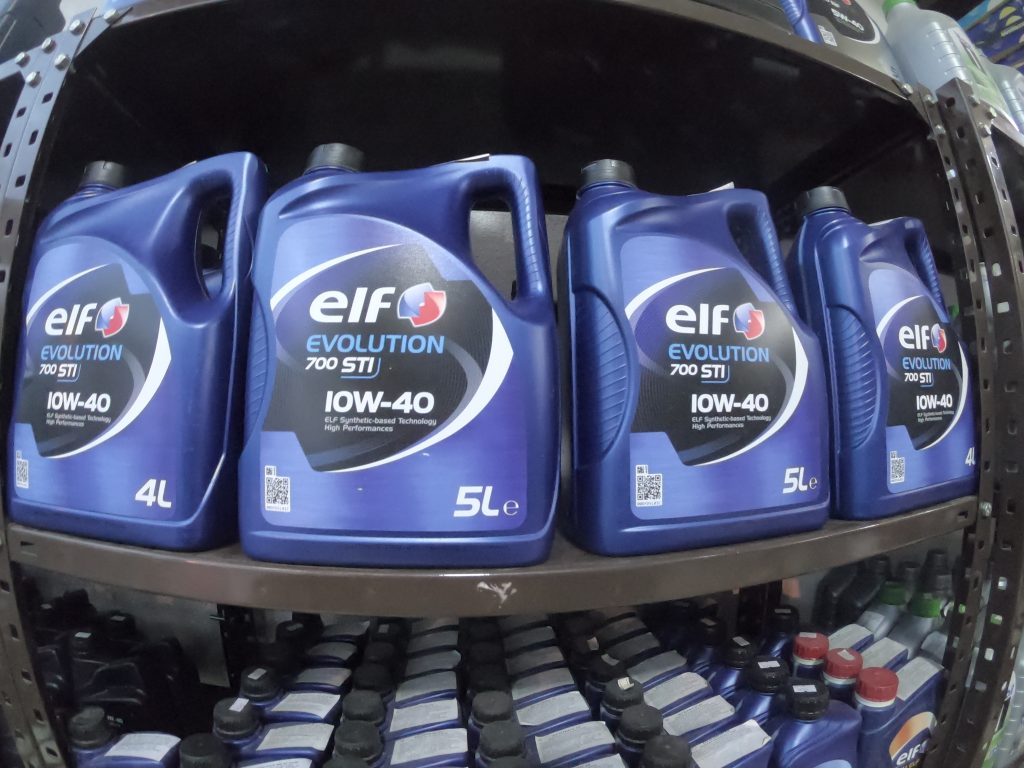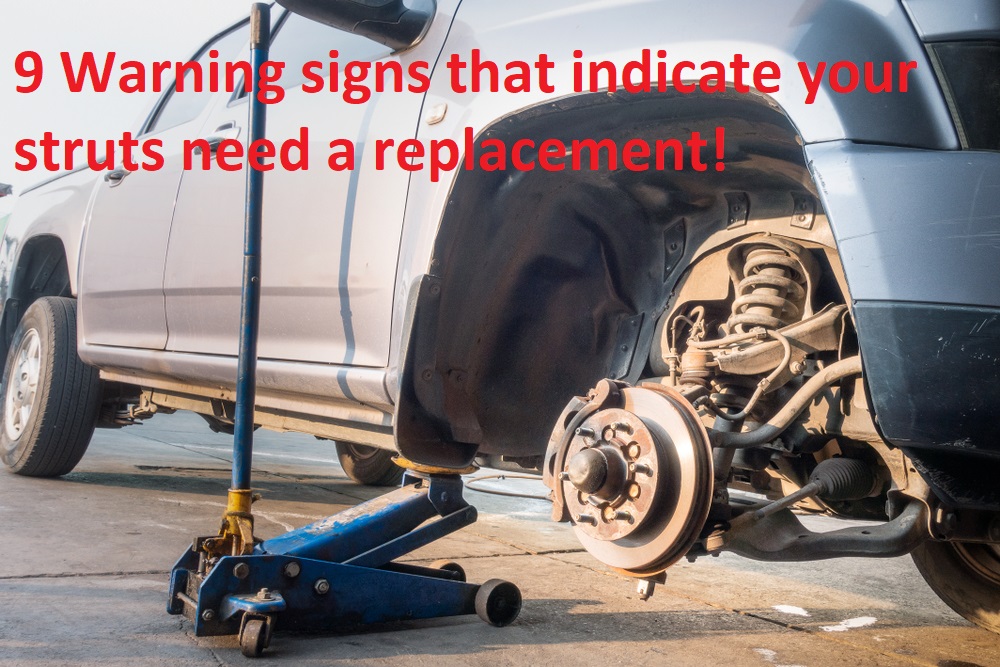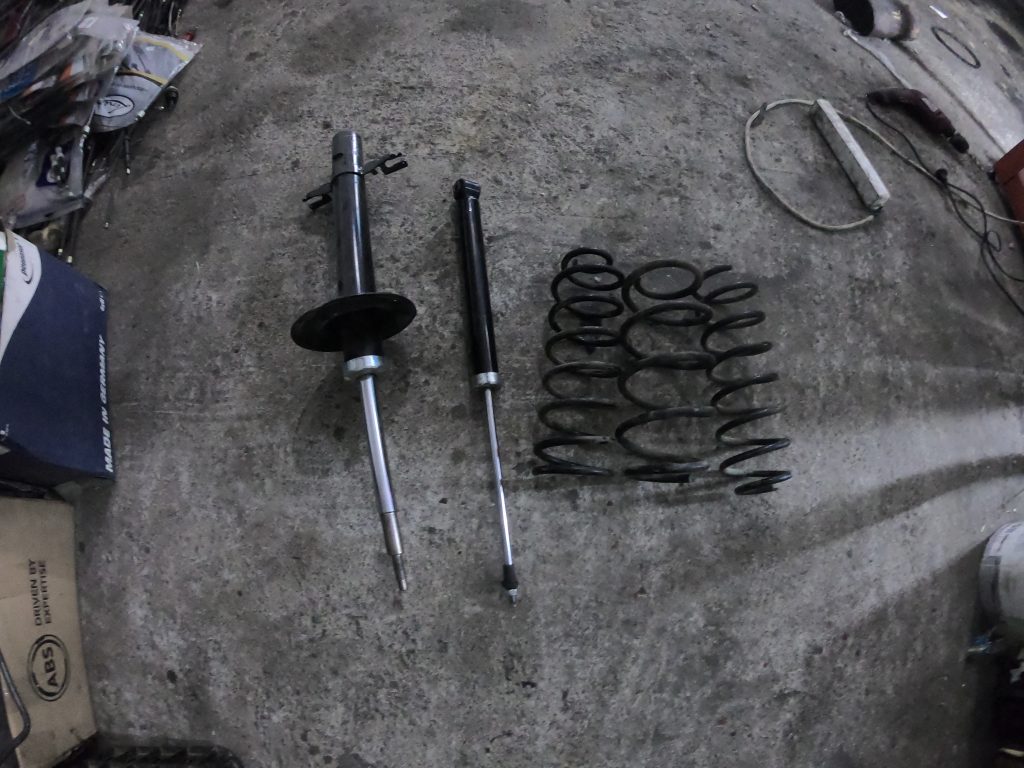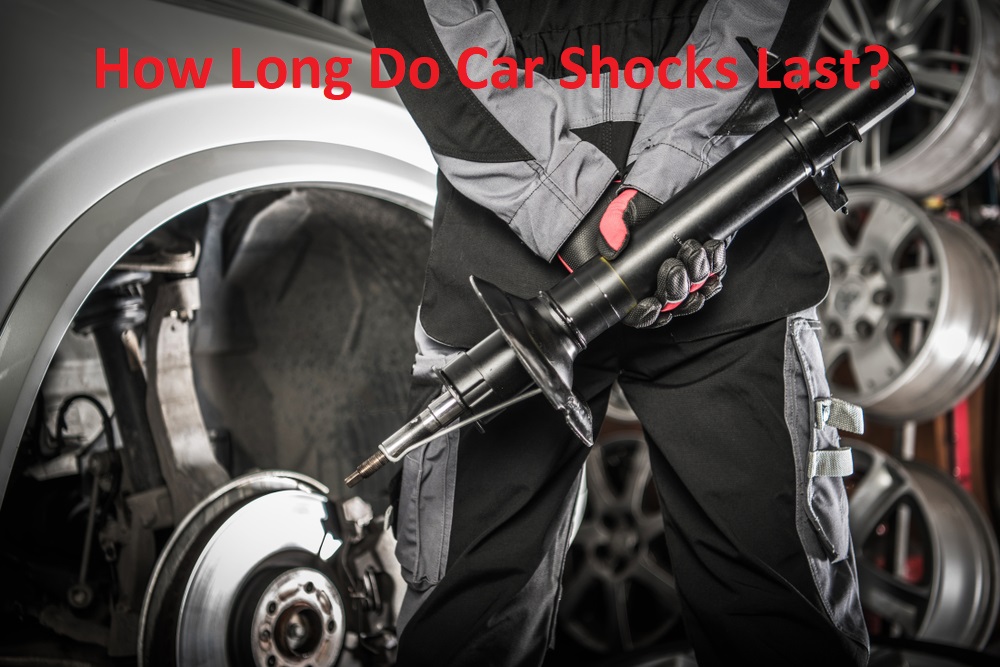Your car’s engine typically needs 30 minutes to cool down to the point where it is safe to handle and inspect its parts. It will take your car’s engine between one to three hours to get completely cool after you use it.
3 Factors That Affect the Heating up of a Vehicle
To understand better how a car cools down, it would be best to be prepared and be oriented so that it wouldn’t go to the extent of heating up.
Overheating will badly damage your car parts.
Coolant Concentration
What brand of coolant do you use? How many parts do you mix with water? Sometimes, the instructions just say pure coolant, but some require a mixture of water.
Whatever you decide on, it should be the compatible type of coolant for your vehicle make and engine (whether gasoline or diesel engine).
You should never scrimp on coolant cost because it would not be worth it in the end.
You should also need the replacement schedule of your coolant. If the car owner’s manual says that you should replace the coolant every 3 or 6 months, then you should do it.
Bad consequences always happen to vehicles whose coolant maintenance schedules are not implemented faithfully.

The Overall Health of Your Vehicle’s Cooling System
Many components in your car work in harmony to ensure that it runs at a temperature that’s considered optimal.
They include the radiator, radiator fan, thermostat, water pump, water pump belt, and some other parts.
Also read: Overcharged car AC! Signs and Symptoms of an Overcharged AC System
Your vehicle needs a certain degree of heat in order to run smoothly, but not too much.
Just like the human body, which needs to warm up before indulging in strenuous physical activity.
Similarly, the car also needs to limber up before speeding up on the road.
The vehicle cooling system parts mentioned should all be kept in working condition.
If your vehicle maintenance schedule is up to date, expect it to run smoothly with an optimal temperature level.
The Material Your Engine Is Made Out Of
Compared to iron block engines, aluminum engines are better suited to withstand the rigors of engine heat.
Engines made out of aluminum material are much lighter and allow more heat diffusion to the environment, making the heat more detached from the engine components.
Engines made of iron blocks are bulkier and permit less heat transfer.
This makes aluminum engines less likely to overheat, given that the engines’ cooling system components are all in optimal condition.
Now we know that the coolant we choose is important; all the components in your car’s cooling system should be in working condition.
Such as the engine material, preferably aluminum, makes engine overheating less likely to happen.
How Long It Takes for Your Vehicle to Cool Down to 0 After Turning Off
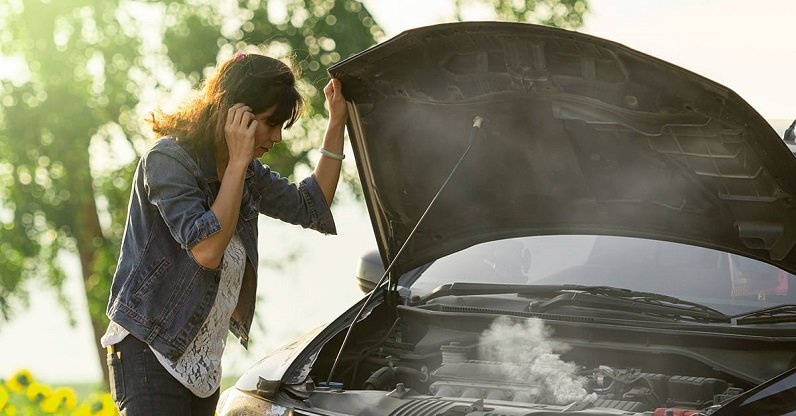
As we’ve mentioned in the introduction, it is also much of a factor in how long your car was traveling on the road.
It also depends on what period of the year and the prevailing weather and temperature on that specific day.
The normal heat loss process shall begin when you switch off your car engine.
Scientifically, the loss of heat from the engine block shall be proportional to the difference of heat between the prevailing environment temperature and weather and that of the engine heat.
Expect a cooling down period faster when it’s winter than when it’s summertime.
Typically, the engine heat tries to keep pace with the temperature of the surrounding environment. Give it a few hours to adjust.
Summers could just be too harsh for the engine. Be extra vigilant with your coolant and cooling system components. Try your best to always park your car in a shaded area.
Also, when it’s resting overnight in your home, don’t leave it on the street to face the heat of the sun in the morning.
Keep it protected in the garage or a place with a roof.
What to Do if Your Car Overheats in the Middle of Traffic?
What would you do when you are stuck in traffic, and your car suddenly overheats? Try this tactic that can try to cool your engine.
When your car is not moving in the middle of traffic, and you see on the car dashboard that it’s on the red level indicator, it’s time to do this.
Lift up your hand brake, shift gears into neutral, then accelerate on the gas pedal.
These actions will trigger the radiator fan and water pump to go into action and run to cool down the engine faster.
What you’ll expect to happen is that within 30 minutes to 1 hour, your engine shall cool down. Now, proceed to open your radiator.
How to Prevent Your Engine From Overheating
When you’re waiting for your vehicle to cool down after an episode of overheating, you will be expectedly anxious and irritable.
You will imagine all kinds of scenarios wherein you are shelling out lots of money to have your car repaired.
Of course, you never want an overheated car engine to happen to you again. You keep thinking, what did I miss out on taking care of the car?
You should be thinking of the following:
Extra Coolant and Water
It doesn’t do any harm if you always have with you, at the rear compartment of your car, extra coolant, and water.
Be also extra cautious about regularly looking at the temperature gauge on your car’s dashboard if it shoots up.
If it abnormally goes up, pull over. Take heed not to open the radiator immediately because hot coolant from it may spout into your face and skin.
Make it cool down first to a reasonable level. This will take time, but it’s safer to do it this way.
Whatever appointment you have, you should already give notice that you will be delayed in coming over.
Check Out for Leaks
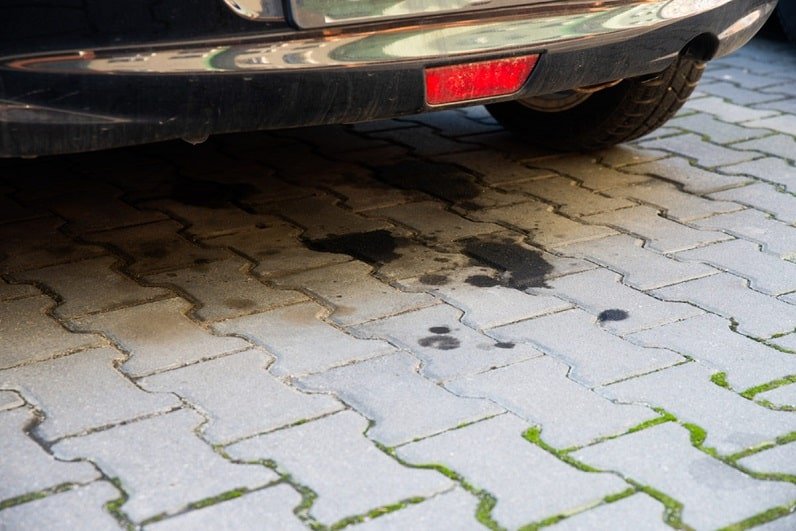
One maintenance job for your car you can do yourself regularly is to check for leaks. You don’t have to go down under your car’s chassis.
You just have to park in a place with a very clean cement road, drive your car aside, go down, then check the place where your car has been.
If there are dark spots where there weren’t just a few minutes ago, it’s a sign of leaks developing downstairs.
Don’t wait for your vehicle to overheat before doing this simple maintenance check regularly.
Use the Engine Fan to Cool Down
As mentioned above, when you’re stuck in traffic and expect your car to heat up, switch to neutral gear, put up the hand brake, then accelerate on the gas pedal.
This enables the radiator fan and the water pump to run and help in cooling down your car engine.
Reduce the Strain on Your Engine
If you’re fond of accessories, they put a burden on your engine. One such load is the car AC. Sometimes, you can’t help but use the AC when the weather is really hot.
You can minimize its load by also being habitual in the regular maintenance check of your car AC, making it efficient.
Also read: How Long Will A Car Last With A Blown Head Gasket?
But when the engine really gets hot, you have no choice but to turn down the AC and pull down your windows.
One other thing you could do is to get any unnecessary cargo in the rear compartment or inside the car, which puts additional weight and burden on the engine while the car travels.
If possible, the car should travel light.
Things to Avoid
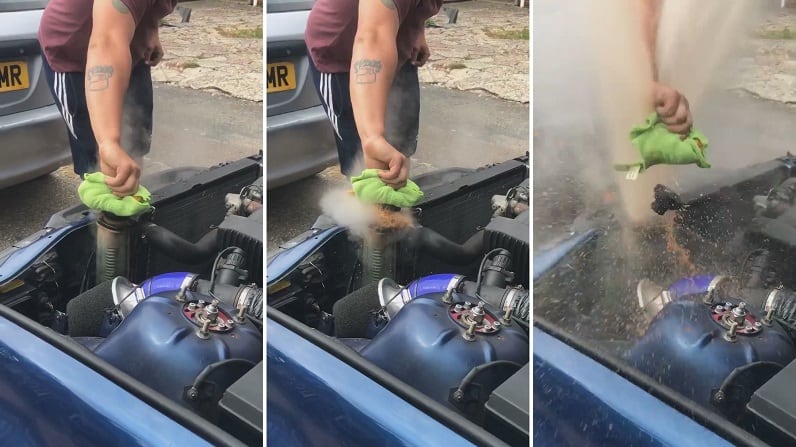
Again, a strong word of warning: never open the radiator or any of the cooling system parts even if you are in a hurry to get your car cooled down. It will make things worse!
Again, what will happen is the strong possibility that the hot coolant liquid and the water will flush out right into your face. Then you get burned.
When you suspect your car is overheating, stop driving already. When you find the opportunity to pull over, you do that.
If possible, in an area with lots of shade which could help the car cool down.
You’ll hear the liquids inside the radiator hissing, indicating they’re at boiling point. You might even notice smoke coming out.
Your gauges and warning lights shall also serve as indicators that your car is overheating.
CONCLUSION
We understand that you will be impatient in waiting for your car to cool down.
But the reasons we have taken up here should be helpful enough for you not to risk burning yourself or others just because you opened the radiator before the engine cooled down.
The key in this situation is patience and understanding that your car’s cooling system components somewhere either needs replacement or repair.
This problem of overheating will continue on and on until you acknowledge the problem and shell out some money.
So, buddy, wait for the car to cool down for at least 30 minutes to an hour. Then, when you’re free, fix the problem permanently.


